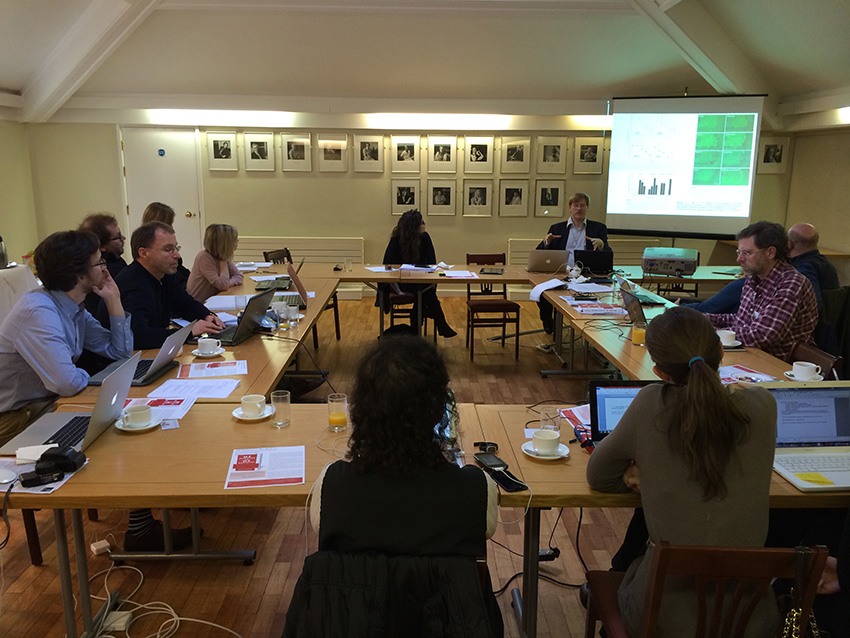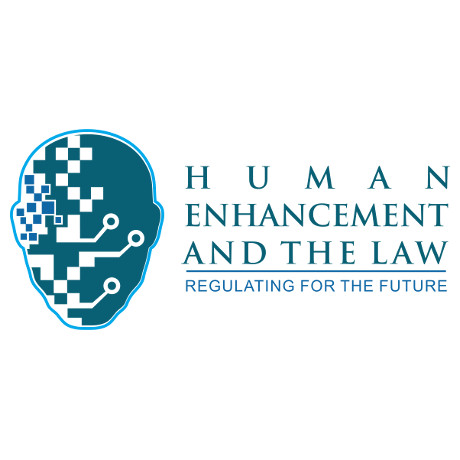Imogen Goold is funded by an AHRC Research Network grant, from July 2013 to January 2016. This grant is jointly held by Hannah Maslan in the Faculty of Philosophy.
With the fast development of new 'human enhancement' technologies, there is a need for critical analysis of how they are currently regulated, and an exploration of how they might and should be regulated in the future. Examples include cognition-improving pharmaceuticals, chemical enhancement in embryo development and hormonal techniques for increasing physical strength. These and similar technologies are not easily accommodated by current laws within European countries and EU-wide regulatory instruments, yet the use of these technologies has implications in many legal contexts, particularly the regulation of use by professionals such as pilots and medical practitioners. These technologies also human rights and political responsibility, as well as potentially necessitating new or amended approaches to the regulation of pharmaceuticals and other such technologies. Given the potential cross-border impacts (for example, pilots and drivers), there is a strong need for collaboration across jurisdictions.

The Network comprises researchers from the Universities of Oxford, Bristol, Tilburg, Hamburg, Pavia, Padova, Georgia State, Utah, and King’s College London, and will bring together lawyers, scientists and ethicists in a series of workshops to discuss current and future regulatory issues, and share information about national experiences of challenges presented by new technologies and approaches to regulation. Further, the network will facilitate exploration of international policy options, where technologies are or could be used across borders.


